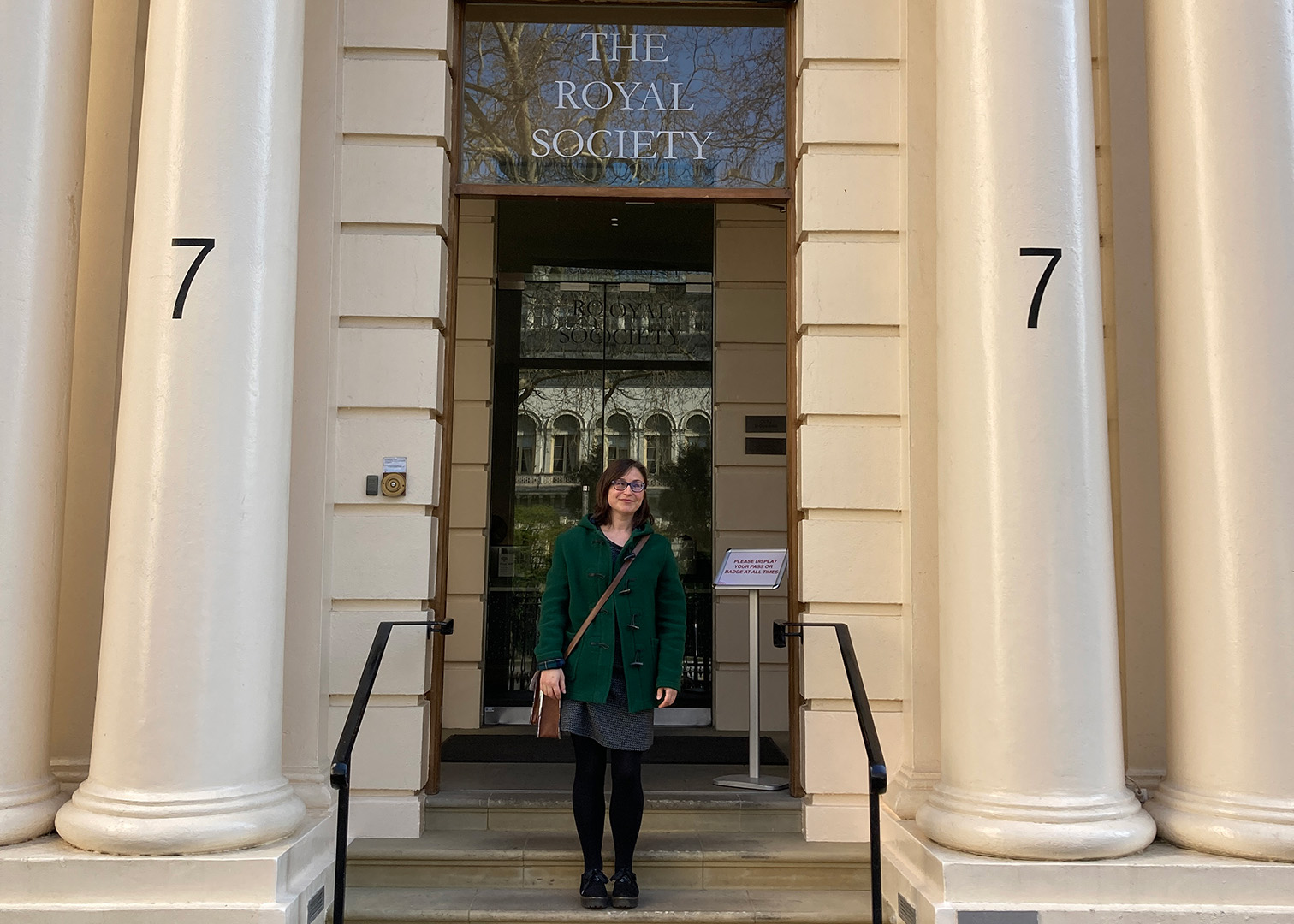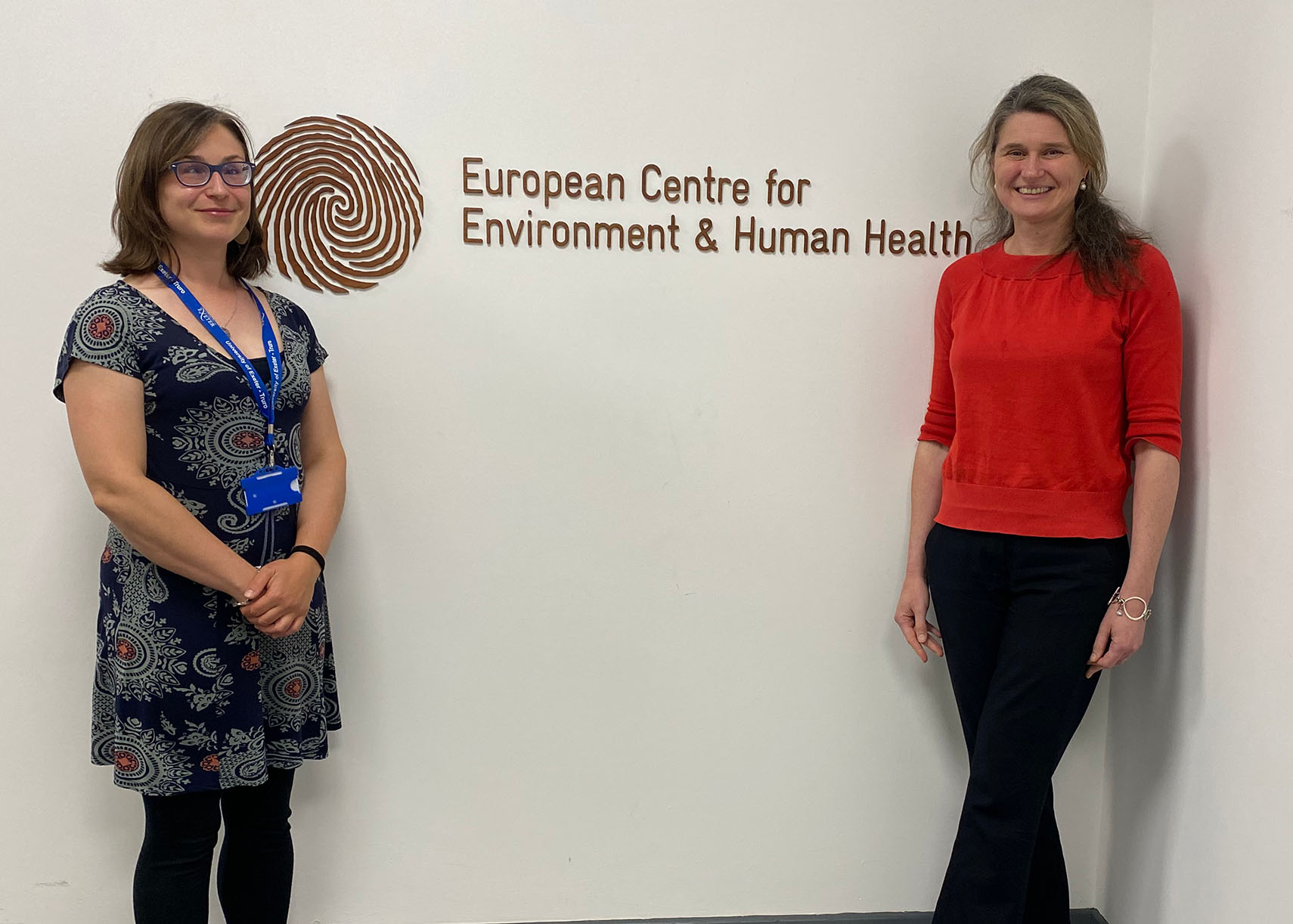My experience: The Royal Society Pairing Scheme
I had the pleasure of visiting Westminster in March, as part of the Royal Society Pairing Scheme.
Now in its 25th year, the initiative aims to build relationships between scientists and politicians, ensuring that policymakers can make decisions based on the best scientific evidence.
The programme kicked off with an insightful talk from Katie Thorpe from the Institute for Government. Katie explained how the Government and Parliament operate, outlining their structures and responsibilities, and noted that while there’s been clear efforts to strengthen dialogue between scientists and policymakers, making evidence-based policy remains challenging.
One key issue is the mismatch in timescales – policy decisions often require quick answers, while rigorous research can take years. Previous studies may also fail to address the specific questions policymakers are asking. And of course, many other political, practical and economic constraints shape decisions. As one speaker later put it “Don’t be surprised when politicians act politically.”
Despite the challenges, there are many ways to engage with Parliament and Government – one is through your local MP.
I was paired with Jayne Kirkham, MP for my area. MPs have varied interests and responsibilities, including participation in Select Committees, which are cross-party and scrutinise government work. Jayne serves on the Environment, Farming and Rural Affairs select committee and kindly invited me to attend one of their sessions at the Palace of Westminster. These committee sessions are open to the public and can also be watched live on Parliament Live TV. It was a respectful yet candid conversation and perhaps made it less intimidating if I ever have to give evidence myself!

Dr Jo Garrett at The Royal Society, London.
The next day, we had an excellent presentation from Tom Hornigold, a staff member of the House of Lords Science and Technology Committee. He gave clear, practical advice on submitting evidence to select committees during an inquiry and highlighted the many potential benefits of contributing to their work.
We also heard from Oliver Bennett MBE, Head of the Parliamentary Office of Science and Technology (POST), who shared practical advice on engaging with the office. POST supports Parliament by providing independent, evidence-based briefings on complex or emerging scientific topics. Like select committees, POST often publishes open calls for evidence, inviting researchers and experts to contribute to their evidence syntheses.
On my final day, I spent time with fellow scientists and civil servants at Defra. Government departments and their civil servants offer another route for engaging with policy and its implementation. We explored how systems thinking is informing Defra’s work on assessing natural capital in England, particularly through data collection.
We also heard about efforts to boost citizen science, including Defra’s work to pilot standardised data collection protocols to improve the quality and consistency of submissions.
Overall, it was great to learn more about the roles of Government and Parliament, and about how and when evidence is used. One of the most rewarding aspects of the scheme was meeting scientists from a wide range of fields and career stages from across the UK, helping me to feel more confident in submitting evidence to select committees and POST.
And of course, next it was Jayne’s turn to visit the European Centre for Environment and Human Health, another engaging day full of insightful conversations and the sharing of ideas.

Dr Jo Garrett (L) and Jayne Kirkham MP (R) at the Centre’s base in Penryn.